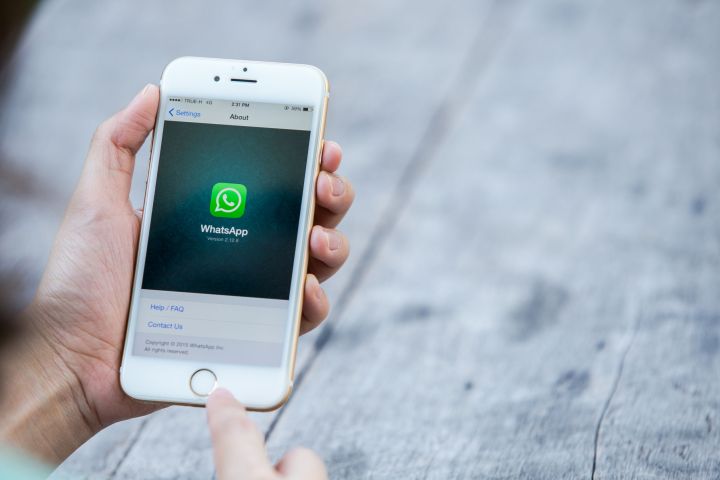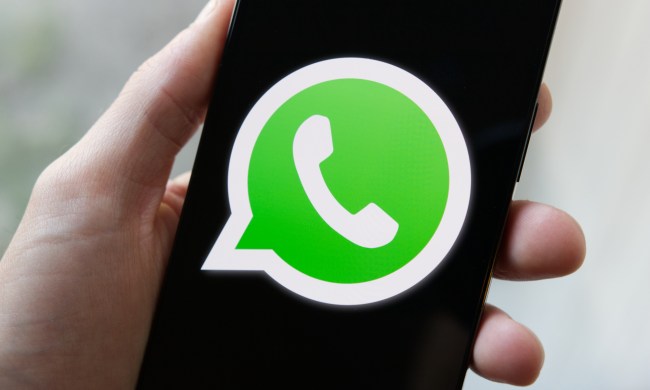
With more than a billion users, WhatsApp is one of the most popular messaging apps in the world. Earlier this year, the company enabled end-to-end encryption for every user — which certainly seems to have caused a lot of problems in Brazil. After Facebook announced its acquisition, Koum also said “WhatsApp will remain autonomous and operate independently,” and while that’s largely been true, the new changes may not go over so well with some of its users. It’s sharing some information with Facebook, and it’s also planning to add businesses into the service by the end of the year.
“We want to explore ways for you to communicate with businesses that matter to you, too, while still giving you an experience without third-party banner ads and spam,” according to the company’s blog.
“Whether it’s hearing from your bank about a potentially fraudulent transaction, or getting notified by an airline about a delayed flight, many of us get this information elsewhere, including in text messages and phone calls. We want to test these features in the next several months, but need to update our terms and privacy policy to do so.”
The company’s terms and privacy policy are being updated for the first time in four years — and it’s not just including the agreement with Facebook and its plan for businesses, but also other additions from over the years such as end-to-end encryption, WhatsApp Calling, and more.
“Facebook and the other companies in the
WhatsApp says while it will connect your number with Facebook, that information won’t be shared with others. You’ll also be able to opt out of sharing information with
After hitting a billion users, the company now has to monetize its product. The strategy to bring businesses to the service is akin to what Facebook is testing with Messenger, which also recently hit a billion users. We’ll have to wait and see how WhatsApp implements this, and the company says it will begin testing before the end of the year.
“Our belief in the value of private communications is unshakable, and we remain committed to giving you the fastest, simplest, and most reliable experience on WhatsApp,” according to the the company’s blog.
